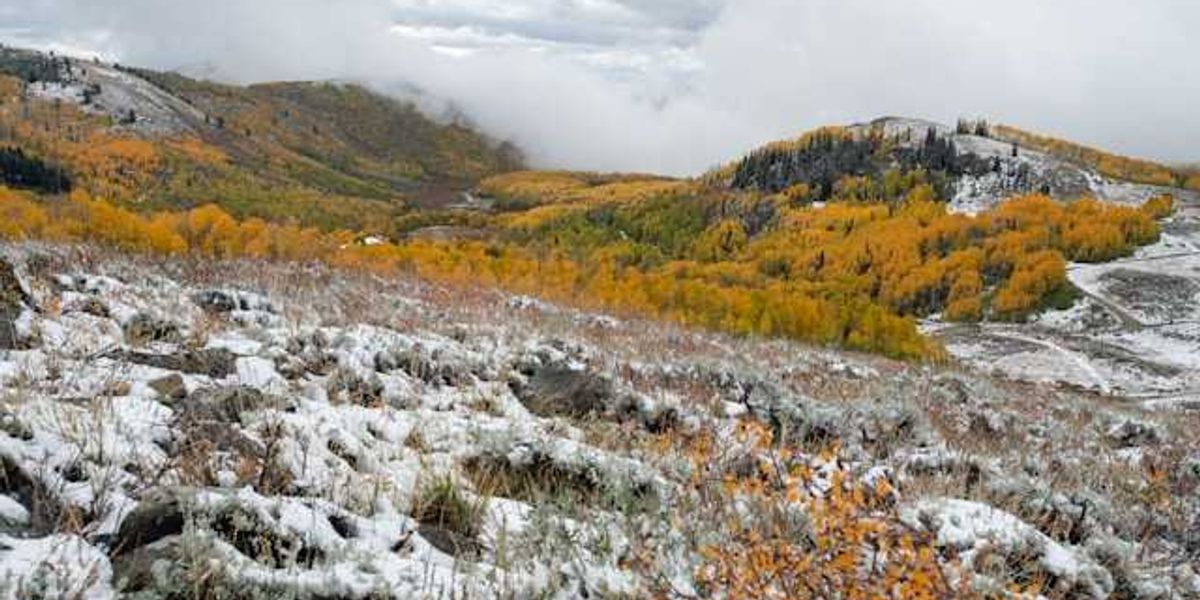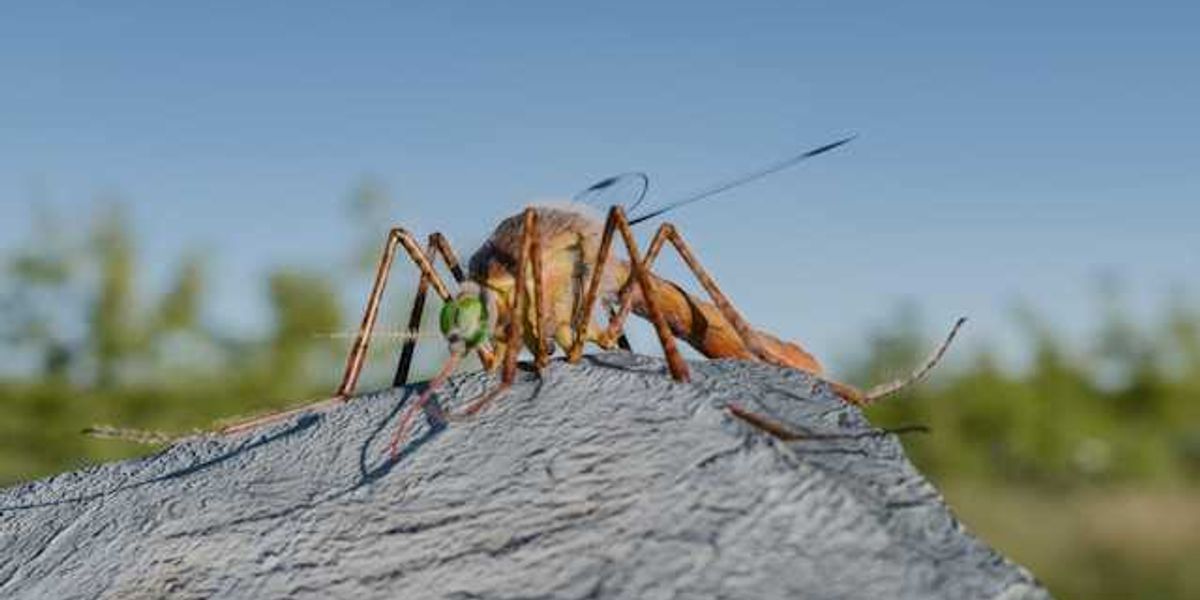Indigenous patrols brave deadly Amazon frontier to defend territory from poachers and gangs
Three years after the murders of journalist Dom Phillips and activist Bruno Pereira, Indigenous defenders in Brazil’s Javari valley are expanding efforts to guard their land against a growing tide of illegal exploitation.
Tom Phillips reports for The Guardian.
In short:
- Indigenous patrol group Evu has grown from a dozen members to nearly 120 since the 2022 killings of Phillips and Pereira, who were documenting environmental crimes in the region.
- The newest team of Evu recruits, drawn from the Kanamari people, faced venomous snakes, jungle thickets, and criminal threats during a week-long mission to establish a new base on the Jutaizinho River.
- Despite government promises under President Lula to protect Indigenous lands, activists report increasing threats from gangs angered by Evu’s disruption of illegal activities like poaching and mining.
Key quote:
“I won’t give up … I’m going to carry on until they kill me. As long as I am alive I’ll be part of Evu.”
— Cristóvão “Tataco” Negreiros, Evu patrol leader
Why this matters:
The Javari valley is one of the most biodiverse and remote regions in the Amazon, home to dozens of Indigenous groups, including uncontacted tribes. These communities face escalating threats from poachers, drug traffickers, and illegal gold miners who exploit the vast, under-patrolled wilderness. Indigenous patrol groups like Evu are now some of the last lines of defense, risking their lives to confront intruders who increasingly operate with impunity. The violence that claimed the lives of Dom Phillips and Bruno Pereira in 2022 was not isolated — it was symptomatic of a broader struggle for control over land, water, and resources. As demand for rare Amazonian fish, timber, and minerals climbs globally, the region is becoming more dangerous for both its defenders and its ecosystems.
Related:













